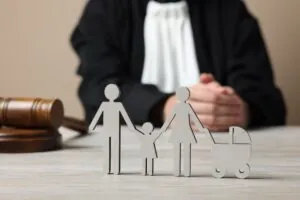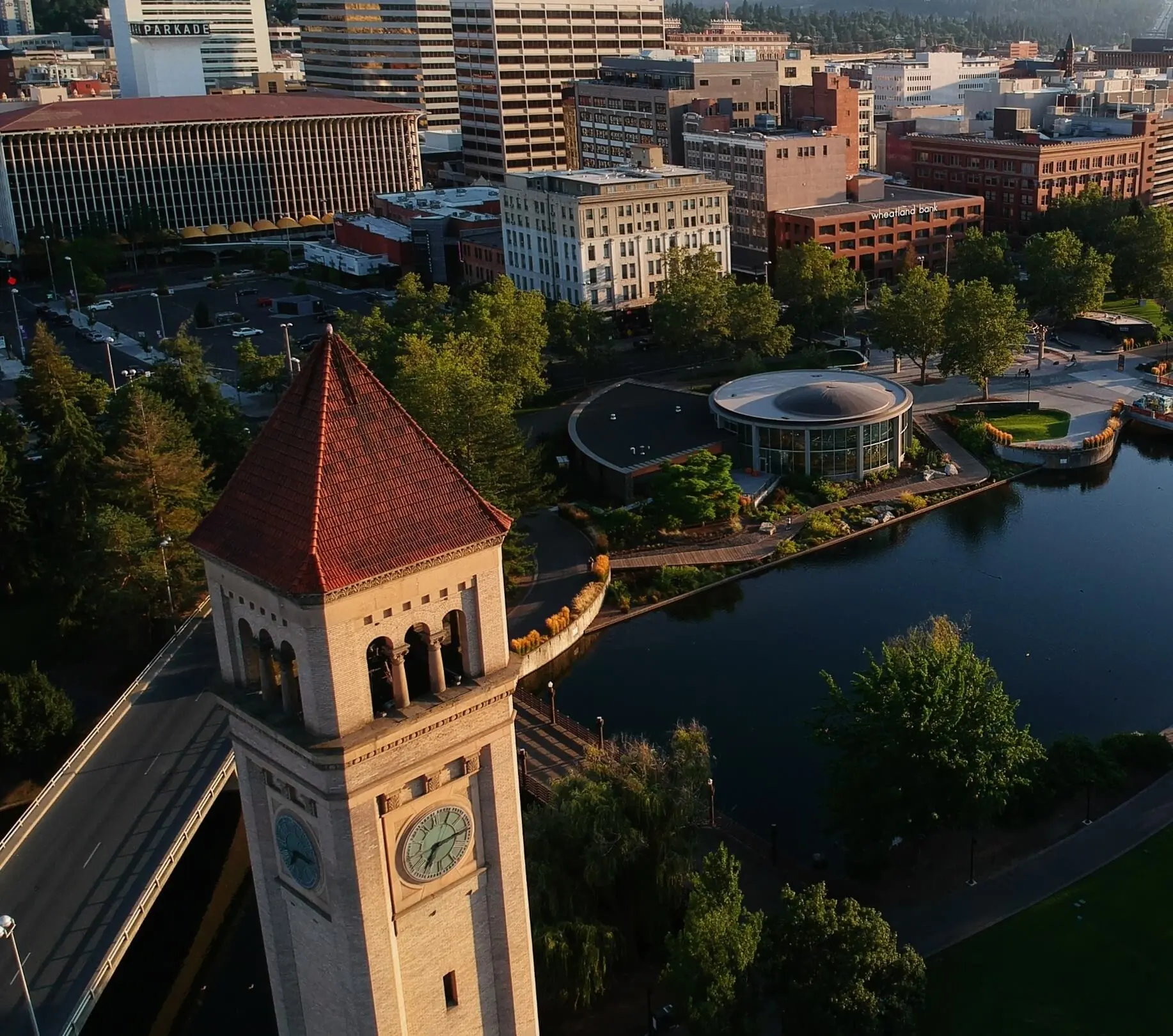Across the country, millions of grandparents aren’t just spoiling their grandkids with cookies and holiday gifts, they’re raising them full-time. Right now, around 2.5 million grandparents are acting as primary caregivers. And that doesn’t even count the countless others who show up every week to babysit, help with homework, or just offer a steady, loving presence.
But being involved doesn’t automatically give you legal rights. If the parents split up, move away, or struggle to care for the child, you might want to step in. Still, without court-granted custody or visitation, your role can be limited.
So what can you do? If you’re wondering whether you have any say or if you’re scared of losing that bond with your grandchild, it might be time to talk to a child custody lawyer. They can walk you through your rights and what steps to take to protect that relationship.
Contact Us Today For A Consultation
What Are Grandparents’ Visitation Rights?
Let’s clear something up first: visitation is different from custody. Custody is about daily care and legal responsibility. Visitation means scheduled time with your grandchild, like weekends, holidays, or regular visits. It’s about staying connected and keeping that emotional bond strong.
But here’s the catch: visitation isn’t a given. Courts don’t just grant it because you ask nicely. You’ll usually need to prove that spending time with you is genuinely good for the child’s well-being. Is your presence comforting? Do you offer stability when everything else feels uncertain? Are you a positive influence?
Sometimes, parents agree to visitation, and it’s simple. But if they object or if there’s already tension, you may have to petition the court. That’s where a lawyer with custody experience comes in . A skilled family law attorney knows how to build a compelling case and explain, from the child’s perspective, why those visits matter.
When Can Grandparents Seek Custody of Their Grandchildren?
Custody is a bigger step. It means you’re not just visiting, you’re stepping in as the child’s legal caregiver. And courts don’t hand that over lightly.
You might seek custody if the child’s parents are:
- Struggling with addiction or illness
- Facing legal problems like jail time
- Living in an unstable or unsafe home
- Unable or unwilling to care for the child
Even then, getting custody is far from automatic. Courts usually prefer to keep children with their biological parents unless there’s a serious reason not to. So, if you’re stepping in, you’ll need to show that your home is not only safe, but that it’s the best option for the child’s stability, health, and emotional well-being.
This isn’t something you can — or should — do alone. Custody cases can take months, sometimes longer. A custody lawyer can help gather documents, witness statements, and other evidence to show the court that your grandchild will thrive with you.
How Do Courts Decide on Custody and Visitation for Grandparents?
Every state has different rules, but most courts are guided by one thing: what’s best for the child. That phrase comes up a lot, and it’s not just legal jargon. It’s the heart of every custody and visitation decision.
In some states, grandparents have to prove they already have a meaningful relationship with the child. Other states give grandparents more leeway, especially if the child’s parents are going through a divorce or have passed away.
One big case that shaped this area of law was Troxel v. Granville, a U.S. Supreme Court decision that reinforced parents’ rights to decide who their children see. Because of that ruling, courts are often cautious about granting visitation if the parents object. Unless there’s clear evidence that the visits are in the child’s best interest, judges may be reluctant to interfere.
That’s why you’ll want legal help. A family law attorney can explain your state’s laws, help you understand your chances, and figure out what you’ll need to prove.
Common Challenges Grandparents Face When Seeking Custody or Visitation
Let’s be real: these cases are emotional. They involve family history, hurt feelings, and sometimes even long-standing resentment. You might be dealing with:
- Parents who won’t speak to you
- Disagreements about what’s “best” for the child
- Past misunderstandings that cloud the situation
- The fear of completely losing contact
Courts are aware of this tension, but they’re not there to sort out family drama. Their job is to focus on the child, and they’ll expect you to do the same. That’s where having a custody attorney helps. Instead of getting caught up in the back-and-forth, your attorney can keep the conversation centered on what truly matters: the child’s safety, happiness, and stability.
What Steps Do Grandparents Take to Get Custody or Visitation?
If you’ve decided to move forward, the first thing you’ll do is file a petition. This is a formal legal request asking the court for custody or visitation rights. After that, the process might involve:
- Mediation: A meeting with a neutral third party to try to resolve things outside of court.
- Hearings: If mediation fails, your case will go before a judge.
- Evidence gathering: You may need records, testimonies, or even a home evaluation to support your request.
Throughout it all, timing matters. These cases don’t move fast, and the longer you wait, the more complicated things can get, especially if the child’s living situation changes. And yes, it’s stressful. Courtrooms are intimidating. But with an experienced family law lawyer, you’ll know what to expect and how to prepare. You won’t be alone.
How Custody and Visitation Orders Affect Grandparents and Families
Once a court grants custody or visitation, those rights become part of a legally binding order. That means the schedule has to be followed. Everyone involved — including the parents — must respect it.
If someone ignores the order or refuses to cooperate, you can go back to court and ask for enforcement. These aren’t just suggestions, they’re enforceable under state law.
For grandparents, having a court order offers peace of mind. It protects your time with your grandchild and provides structure for everyone. It can also reduce conflict, since the expectations are clear and legally backed.
And for the child? That stability can mean everything.
Protect the Love You’ve Built
Being a grandparent is a special kind of love. It’s a bond built over years — from lullabies to school plays and bedtime stories to teenage talks. Losing that connection, or even the threat of losing it, can feel devastating.
But you’re not powerless. If you’re being pushed out of your grandchild’s life or if you’re worried about their safety, it’s okay to fight for them. Lovingly. Carefully. Firmly.
Call a Coeur d’Alene family law attorney. Don’t wait until the situation gets worse. The sooner you take action, the better your chances of staying involved, offering stability, and continuing to be that steady, loving presence your grandchild needs.
They deserve that connection. And honestly, so do you.







